- Overview
- Symptoms
- Causes & Risks
- Tests & Diagnosis
- Treatment
- Living With
- Complications
- View Full Guide
Psoriatic Arthritis Triggers That Can Make Flare-Ups Worse


Stress
It unleashes a chemical that causes inflammation. When you have psoriatic arthritis (PsA), a fault in your immune system already makes it prone to cause swelling. So more stress plus more inflammation equals more flare-ups. Find ways to balance yourself mentally and emotionally. Try yoga, meditation, or regular workouts. Or see a counselor who specializes in stress management.
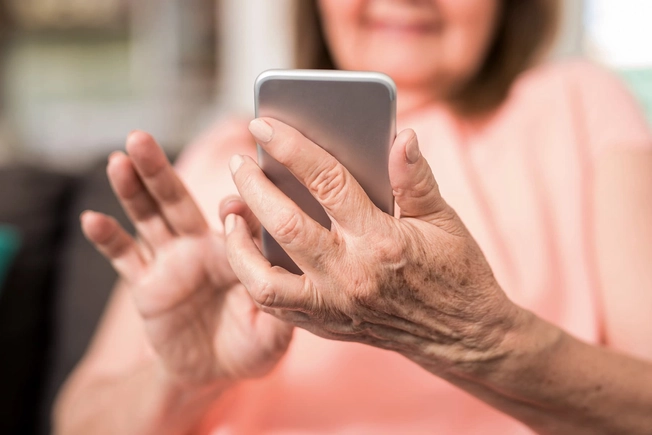
Skipping Doses
Taking your medication seems simple. But it’s easy to get tripped up. You forget to take your dose or run out of pills before you can refill them. Skipped doses open the door to more flares and make it harder for the medicine to do its job. If side effects bother you, ask your doctor about switching to another drug. If missed doses are a problem, keep a daily pill chart or download a smartphone app to remind you.
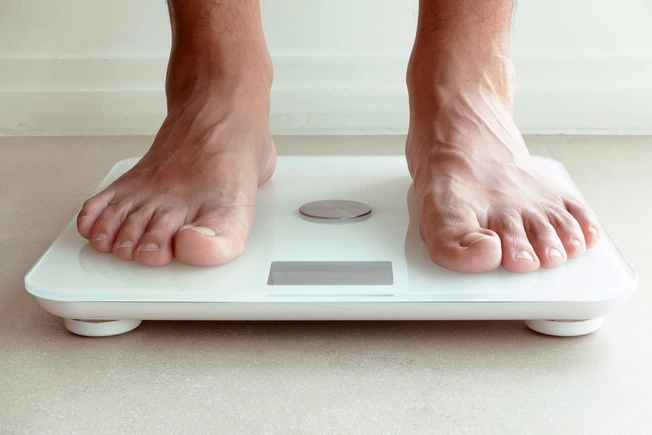
Weight Gain
Your joints can only bear so much weight. Extra pounds may overload your joints and make them harder to move. Too much weight can also make certain PsA medications work less well. Eat healthy foods and swim, walk, or bike for low-impact exercises.
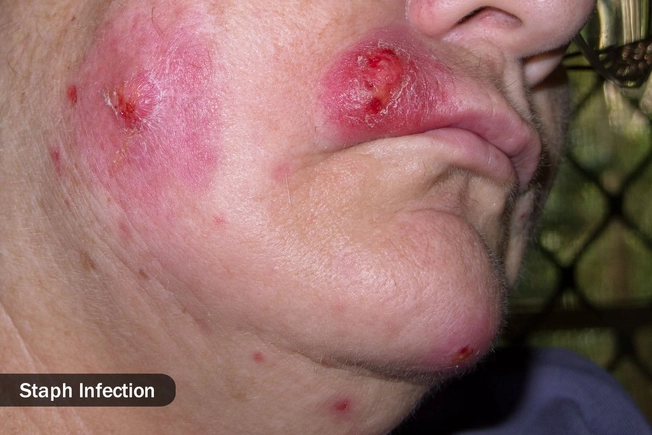
Skin Infections
Any viral or bacterial infections that hurt or change or you skin, from staph infections to shingles, can cause psoriasis to flare. Wash your hands often with warm water and soap. No sink nearby? Carry an alcohol-based sanitizer to stop germs from spreading.
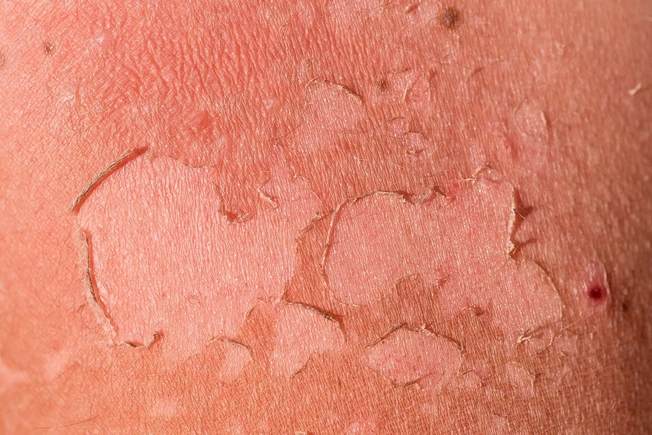
Sunburn
When your skin is exposed to too much ultraviolet light from the sun or a tanning booth, it can burn. Sunburns may fade in a few days, but they also can trigger your PsA. You don’t have to stay inside forever. But protect yourself with sunscreen and clothing that blocks UV rays when you go out, even on cloudy days.

Dry Skin
Not everyone with PsA has the typical psoriasis symptoms: red, scaly rashes that pop up on your elbows, knees, back, or head. Even if you don’t, dry skin can kick off a flare. Keep skin moist and healthy with lotions with aloe vera, jojoba, or zinc pyrithione as a main ingredient. Apply it regularly, especially after a bath, shower, or swim. If you’re in cold, dry weather, slather on a protective layer before you step outside.
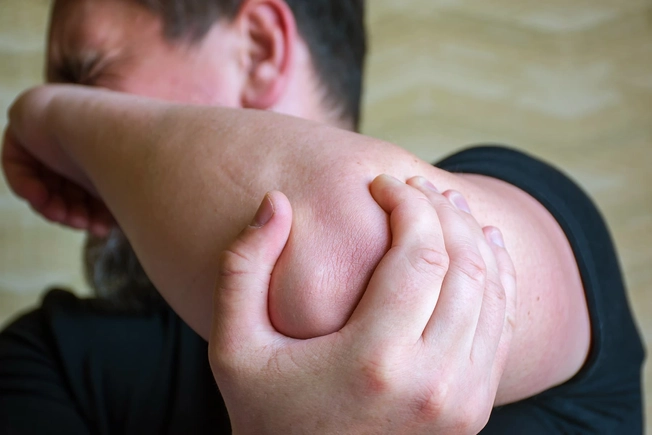
Bumps and Bruises
Smacking your elbow on the door frame or stubbing your toes against the chair are everyday accidents. But when you have PsA, trauma to any area on your body means inflammation may follow. You can’t live in a bubble. Just keep a safety watch for triggers that make you flare up.
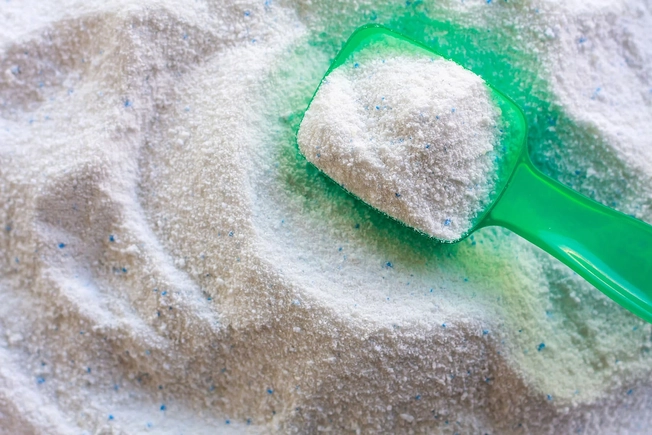
Rashes and Reactions
The contact between your clothing and your body can be a flashpoint for flare-ups. Certain detergents and fabric softeners aren’t gentle with sensitive skin. Use fragrance-free laundry products. It’s also a good idea to steer clear of tight clothes to let your skin breathe.
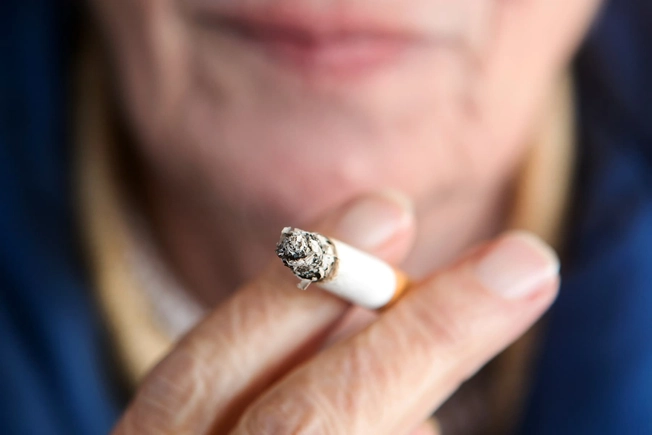
Smoking
Recent studies show that people who have PsA and smoke have more pain and respond less well to treatment than their nonsmoking peers. Smoking does nothing good for your body and can set off a flare-up or make them happen more often. Talk to your doctor about safe ways to quit.

Alcohol
Drinking may interfere with your PsA drugs and cause more flare-ups. More seriously, it may weaken your immune system and affect your brain, heart, liver, and pancreas. Whether you tip back a lot or little alcohol, ask your doctor what it might do to your PsA.

Unhealthy Eating
As long as you’re not allergic, fruits and vegetables won’t cause pain and inflammation. But an unhealthy diet or gorging on junk food often can wear you down and make you flare up more often. So limit fatty meats and sugary and processed foods. Bonus: The less amount of extra weight on your joints, the better they’ll feel.
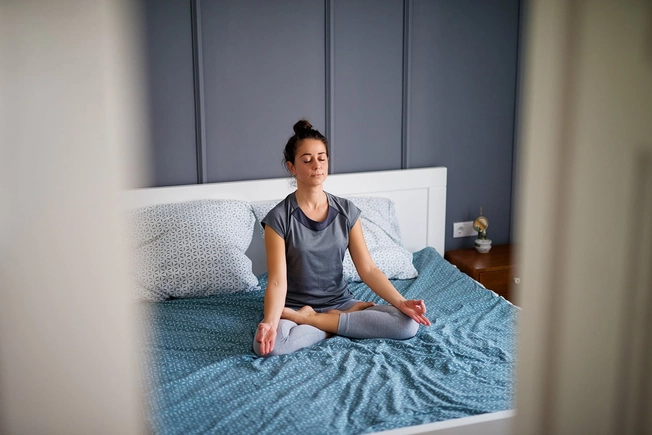
Not Enough Sleep
The pain of PsA can keep you up at night, but your body needs sleep to be healthy. Find good habits, like nighttime meditation or keeping your smartphone out of the bedroom, to help lull your body to sleep. Medication may help, but check with your doctor first.
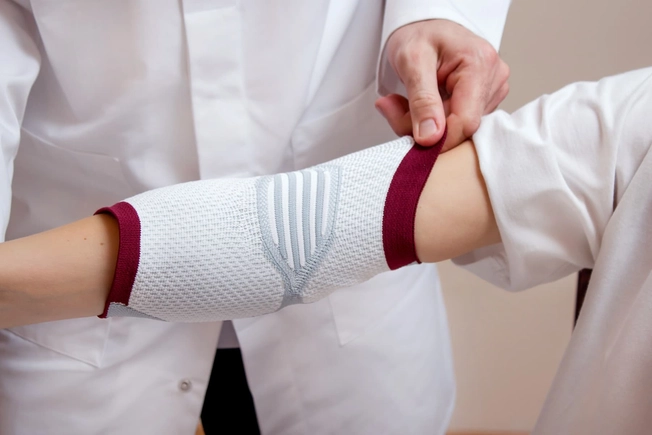
Joint Strain
We get it: Things get busy and it’s hard to slow down. But tired joints quickly get painful when you have PsA. And long-term joint stress causes damage. Give your body time to rest and recharge. If your job or lifestyle is physical, talk to your doctor about braces or supports to offset the strain.
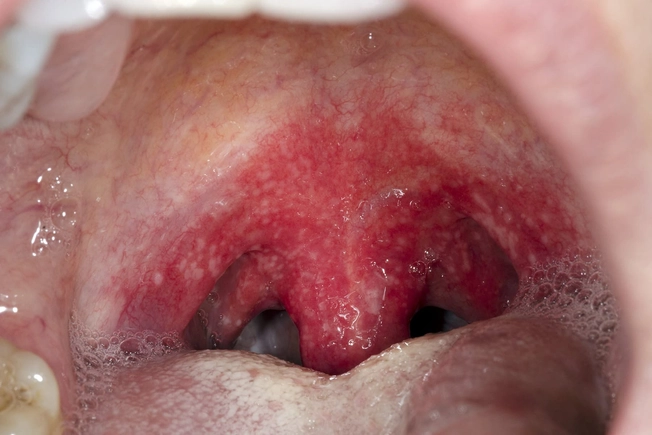
Strep Throat
Though the cause of psoriatic arthritis is unclear, research shows that strep throat, an infection of your throat and tonsils, can spark the disease. And if you already have PsA, strep can provoke a flare-up. Strep spreads easily. So be diligent about washing your hands, and steer clear of anyone who has it.

End of Treatment
It’s called the rebound effect: You stop taking one medication and have a bunch of flares in a row. This is more likely to happen with prednisone, cyclosporine, and injectable steroids. Doctors still prescribe them for PsA because they do more good than harm overall. If you’re on any of these drugs, ask your doctor about a plan to avoid or fix flare-ups when treatment’s over.